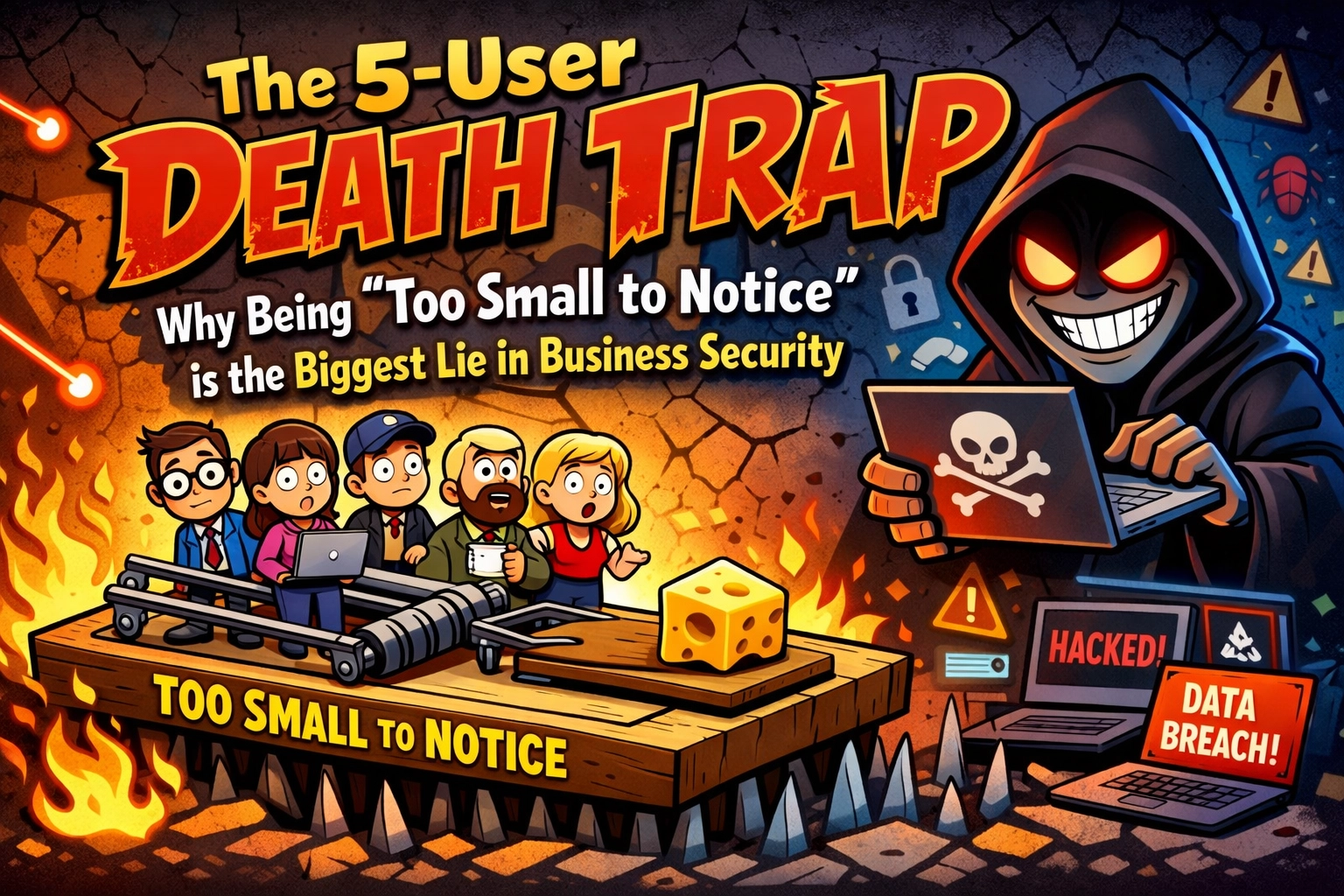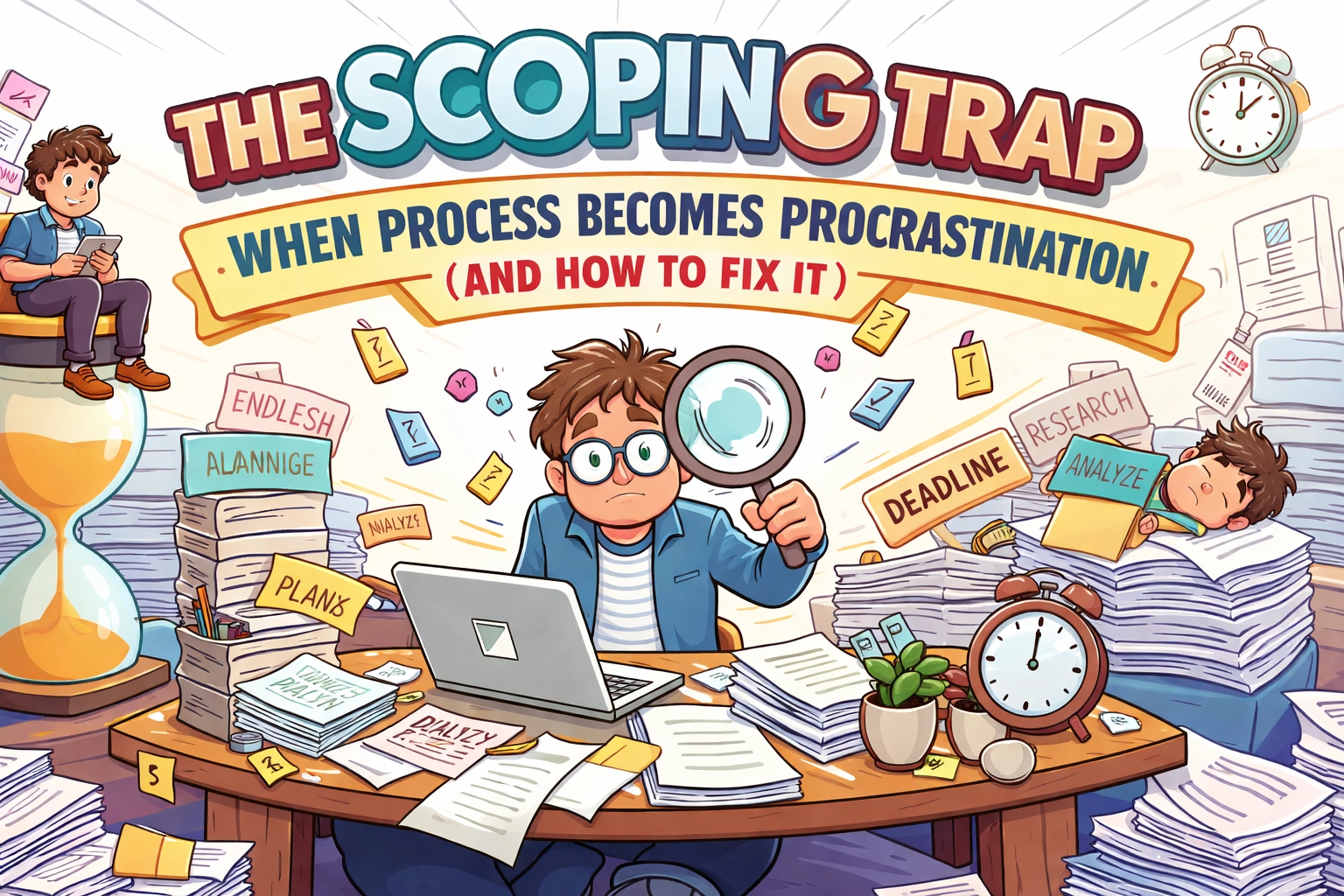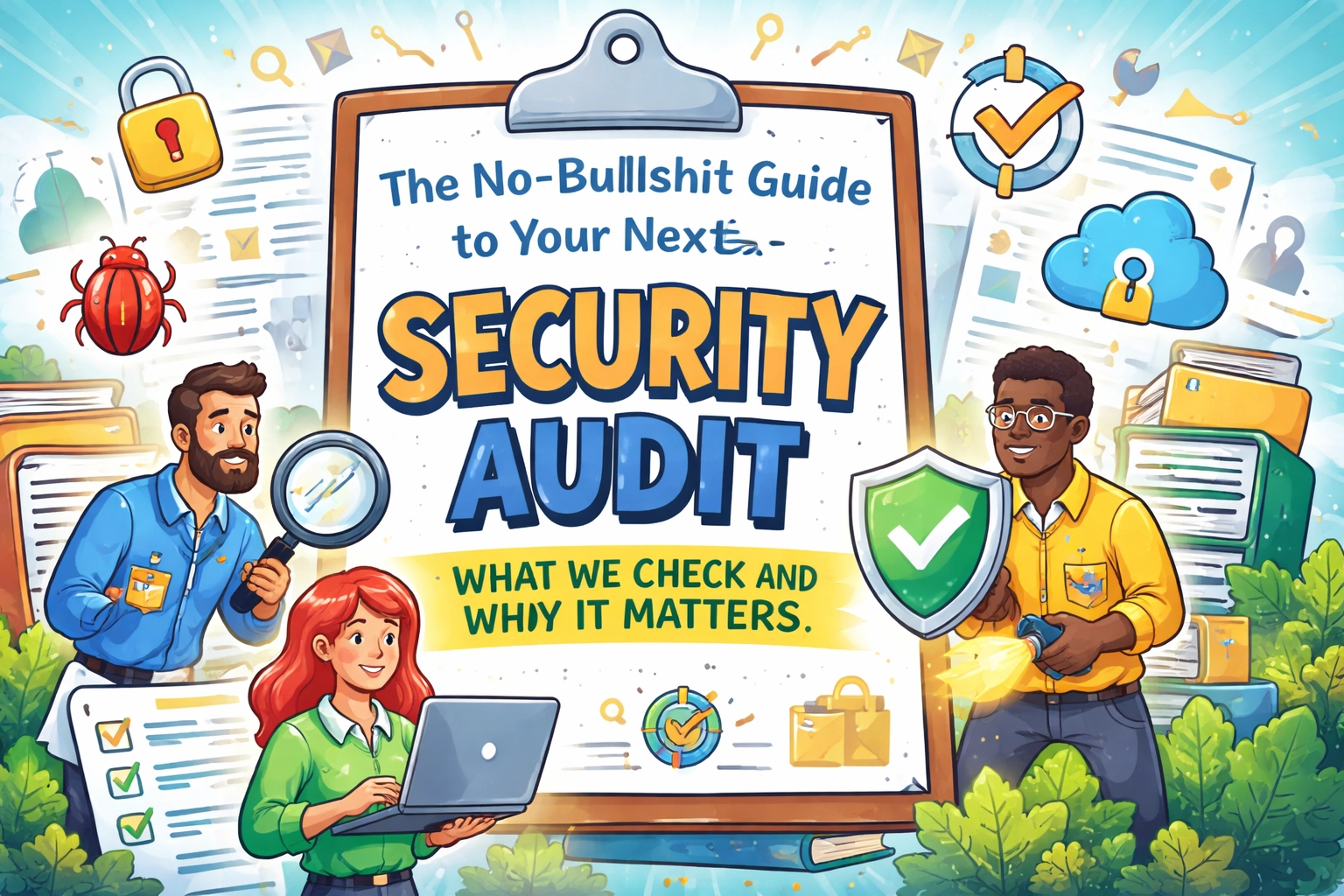
Small business owners have grit, heart, and often the ability to wear about 10 different hats before noon. But let’s get real: most businesses fail not because the product is bad or the market dries up, but because of a parade of avoidable mistakes. Here are the critical traps—and how you can sidestep them so your business, your sanity, and maybe even your weekends survive.
Money Mismanagement: The Silent Business Killer
You can drum up the best ideas, but if you’re a mess with money, you’re only delaying the inevitable. Inadequate budgeting and poor financial planning are at the top of the business obituaries list. Think you’ll just “figure it out as you go”? That’s a losing game. And if you’re still mingling your personal spending with your business cash flow, you’re setting yourself up for a tax and operational headache that’ll haunt you for years.
Mixing personal and business finances is the classic rookie mistake—it’s easy, tempting, and guaranteed to bite you later. Separate. Your. Money. Set up a real business bank account and keep your transactions clean.
Sloppy recordkeeping is another silent assassin. If your receipts are in a shoebox under your desk or scattered between your phone photos and email, you’re making tax season (and any audit) a living hell. Embracing digital accounting tools isn’t about being fancy—it’s about survival.
Don’t forget: Bad invoice practices destroy cash flow. Every late or missing payment puts you in a bind with payroll, vendors, and your sanity.
Avoid This!
- Build budgets using real numbers and past performance, not hopeful guesses.
- Review and adjust cash flow every quarter—minimum.
- Use cloud-based accounting, automated invoicing, and digital receipt tracking.
- Keep business spending totally separate from your personal wallet.
It’s easier to handle finances when you’re small than it is to untangle a mess when you grow.

Drowning in DIY: The Lone Wolf Trap
We get it—your business is your baby. But trying to do everything yourself? That’s not self-sufficiency; it’s slow-drip sabotage. Founders who are afraid to delegate wind up drowning in admin tasks, putting out fires, and never actually building anything scalable.
Here’s the hard truth: Just because you can figure out web design, IT, or bookkeeping doesn’t mean you should. DIY is great for retiling your bathroom, not for managing business-critical systems that should be handled by people who do this for a living.
Don’t overextend. Focus on what you do best and outsource the rest. There’s a reason experts exist: they’re faster and better than you at things outside your wheelhouse. When you finally get help, you’ll wonder why you waited so long.
This even applies to your tech stack. Using consumer-grade services or “that thing you figured out once in 2007” can cost you. Professional hosting, cybersecurity, and web management (like what we handle at Your Personal Ninja) save money and headaches in the long run—guaranteed.
Avoid This!
- Identify your strengths; hire or delegate where you’re weak.
- Use outside pros—IT, security, marketing, and website support are investments, not expenses.
- Consider a managed service provider (MSP) for tech, admin, and site hosting. You’ll rescue more time and energy than you think.

Growth Requires Investment: Why Being Cheap is a Growth Killer
You can’t cut your way to success. Growth always costs something—whether it’s in time, expertise, or capital. Business owners who try to save their way to the top usually end up stalled or outpaced by competitors who invest in the right areas.
Here’s the reality:
- Skimping on marketing means fewer leads.
- Skimping on tech means slower operations and higher security risks.
- Skimping on talent means you’re doing low-value work instead of steering the business.
Being frugal is smart. Being cheap is dangerous. Cheap looks like:
- Using outdated or free tools that can’t scale.
- Avoiding professional help until after a disaster hits.
- Passing on opportunities because of the price tag—without considering the ROI.
Invest where it matters most: marketing, skilled staff, efficient tools, and proactive security. The right spend in the right place pays you back in growth, stability, and peace of mind.
Avoid This!
- Stop seeing every expense as a threat—view it through the lens of return on investment.
- Budget for growth every quarter, not just survival.
- If you can’t afford an important investment right now, explore financing, grants, or phased rollouts instead of cutting it entirely.
In business, refusing to spend smart is just another way of refusing to grow.
Blowing Cash on Shiny Stuff (Then Running Out)
One of the fastest paths to failure? Spending big money before you have it and blowing cash on stuff that doesn’t move the needle. A full-size espresso machine, custom-embroidered polos for your three-person team, or a slick downtown office—none of these make clients buy your product.
Bootstrapping doesn’t mean doing everything yourself with duct tape. It means being strategic about where you spend, keeping an eye on ROI, and not treating every purchase like a business requirement.
Remember, more businesses die from blowing money unwisely than from not having it in the first place.
Avoid This!
- Separate wants from needs—every purchase should have a measurable impact.
- Preserve cash reserves until revenue is stable or you’ve landed reliable customers.
- Consider business loans for growth, not vanity spending (here’s why smart loans can be a growth lever).
Marketing Fails: Out of Sight, Out of Mind
Here’s a newsflash: customers can’t find you if you don’t exist online. Not having a website, abandoning your socials, or relying on word of mouth alone is business near-sightedness.
A quick web presence doesn’t have to break the bank. The key is ownership—get a real domain, avoid cookie-cutter builders (bye, Wix and Squarespace!), and don’t settle for clunky pages you can’t move or scale. Partnering with a pro (hint: our team can help) saves you pain—and more money in the long run.
Social media needs consistent attention. Nothing screams “closed” like a dormant Facebook page. And marketing isn’t just shouting into the void; it’s about engagement, social proof (real testimonials and reviews), and lead generation tactics that work for your industry.
But don’t get caught up in the latest gimmick if it doesn’t fit your audience. Stick with the basics: active website, social, authentic reviews, and a lead generation plan that you actually execute.
Avoid This!
- Launch a credible, owned website with managed hosting and support (more on modern IT support here).
- Keep your info fresh—no abandoned social profiles.
- Balance paid advertising with organic outreach—know your industry and double down on what clicks with your audience.
- Collect and showcase social proof—reviews, testimonials, and word of mouth are still king.

Playing Fast and Loose With Legal & Compliance
You might think paperwork is a pain. That’s true—until you’re on the receiving end of a lawsuit or government audit. Skipping legal requirements (licensing, insurance, zoning) or operating “on a handshake” can lead to nasty, expensive surprises.
Not locking down contracts? Huge mistake. Your cousin’s friend’s word is not a binding agreement—and as soon as money’s on the table, things change. Get agreements in writing, protect your interests, and don’t take legal shortcuts. Consulting a business attorney might sound pricey, but it beats scrambling through litigation.
Avoid This!
- Check local and federal requirements before opening.
- Always use written contracts for staff, contractors, and clients.
- Get appropriate insurance—especially if you’re handling client data (hint: cyber insurance matters! Read more on critical business protection).
Skimping on Cybersecurity: The “It Won’t Happen to Me” Lie
The second your business blows up, hackers notice. It’s not paranoia; it’s reality. Yet too many small businesses think cybersecurity is just for the big guys—until a breach hits and tarnishes the brand, empties the bank, or locks up vital data.
Proactive security is never wasted spend. Basic protections—password policies, system updates, managed backups, real-time monitoring—are non-negotiable if you want to keep your business, and client trust, intact.
And honestly, dealing with a breach is way more expensive (and stressful) than setting things up right in the first place. If you’re not an IT pro, don’t fake it—just ask for help.
Avoid This!
- Secure your data with professional help (not just a cousin who “knows computers”).
- Schedule regular security audits, even if your customer base is small.
- Remember: a single attack can destroy reputation and cash flow overnight (see the impact of major breaches here).
Ignoring Your People: Team & Leadership Blunders
Even solo entrepreneurs need support eventually. Hiring wrong-fit candidates or failing to invest in your team erodes morale and blocks growth. If your employees don’t understand what the business stands for, prepare for a revolving door.
Great teams share a vision—and know their role in it. Training, clear direction, and real leadership set you apart in any industry.
Avoid This!
- Invest in onboarding and ongoing training.
- Communicate business goals and purpose—don’t just hand out tasks.
- Choose candidates who share your values and are comfortable with your business pace.
Stuck in the Past: The “But I’ve Always Done it This Way” Syndrome
Tradition is good—for Thanksgiving, not for running a business. Clinging to decade-old habits or refusing to upgrade tools and processes will keep your operation inefficient and stale. If industry giants like Google are always improving, so should you.
It doesn’t matter if you’re a startup or a 30-year vet: there’s always room to streamline, modernize, and optimize your workflow. The second you settle for “good enough,” someone else out there is eating your lunch.
Avoid This!
- Regularly audit your processes and tech stack—what worked yesterday might be slowing you down today.
- Stay curious—be willing to try new tactics or tech, especially when market dynamics shift.
- Don’t let pride get in the way of progress: admit when you’re wrong, learn, and pivot quickly.
If you want to bulletproof your business, it takes a blend of common sense, constant improvement, and knowing when to hand things off to someone who does it better (and faster). You don’t have to do it all alone—our friendly team at Your Personal Ninja is always here to help with the tech, admin, or web support that lets you get back to doing what you love.
Ready to stop making rookie mistakes and start running your business like a pro? Focus on strong money management, smart delegation, tight cybersecurity, steady marketing, legal compliance, and always, always keep growing.
The future of your business isn’t built on luck—it’s built on what you fix next.
[Want to read more? Dive into how small missteps can ruin even great business ideas in our case study.]





